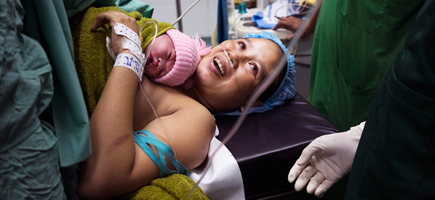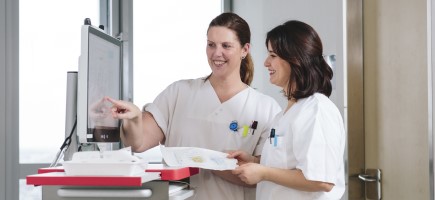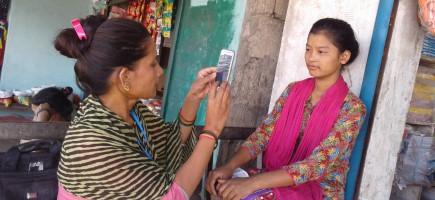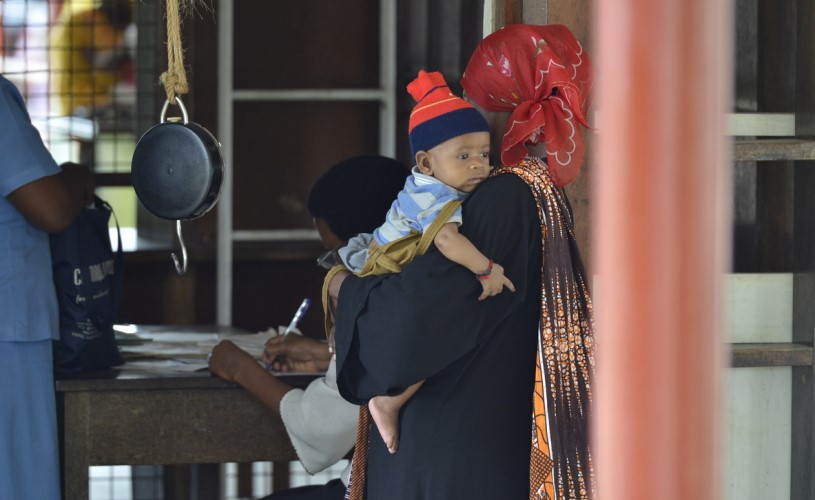
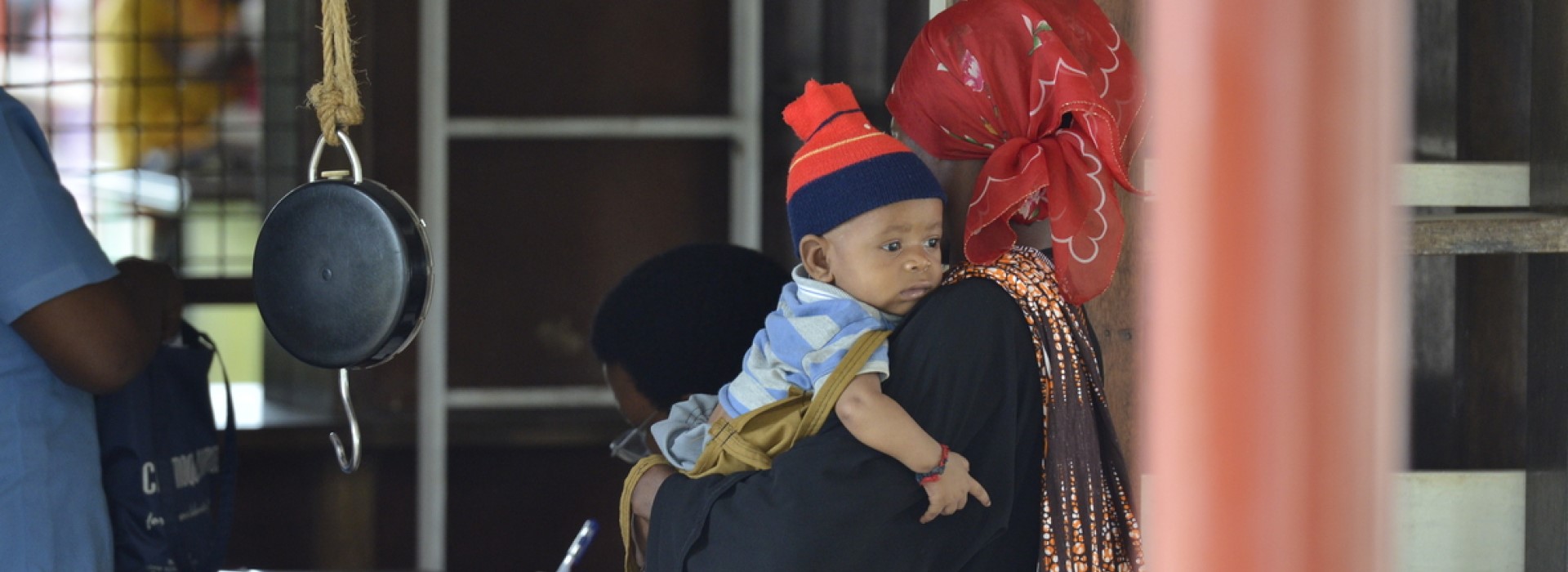
Social Development: Working towards a world without AIDS, tuberculosis and malaria with BACKUP Health
20 years ago, GIZ came up with an idea to shore up health systems worldwide.
A GIZ idea with global reach: BACKUP Health has been equipping health systems worldwide to cope with the big three infectious diseases for two decades. The programme helps state and civil society organisations combat AIDS, tuberculosis and malaria with targeted measures using resources from the Global Fund.
Just 20 years ago, AIDS, tuberculosis and malaria claimed more than six million lives each year. The health systems in many countries were ill-equipped to effectively combat the ‘big three’ infectious diseases. This led the United Nations to establish the Global Fund to Fight AIDS, Tuberculosis and Malaria in 2002. The fund was set up to finance targeted measures to help affected countries tackle these three diseases.
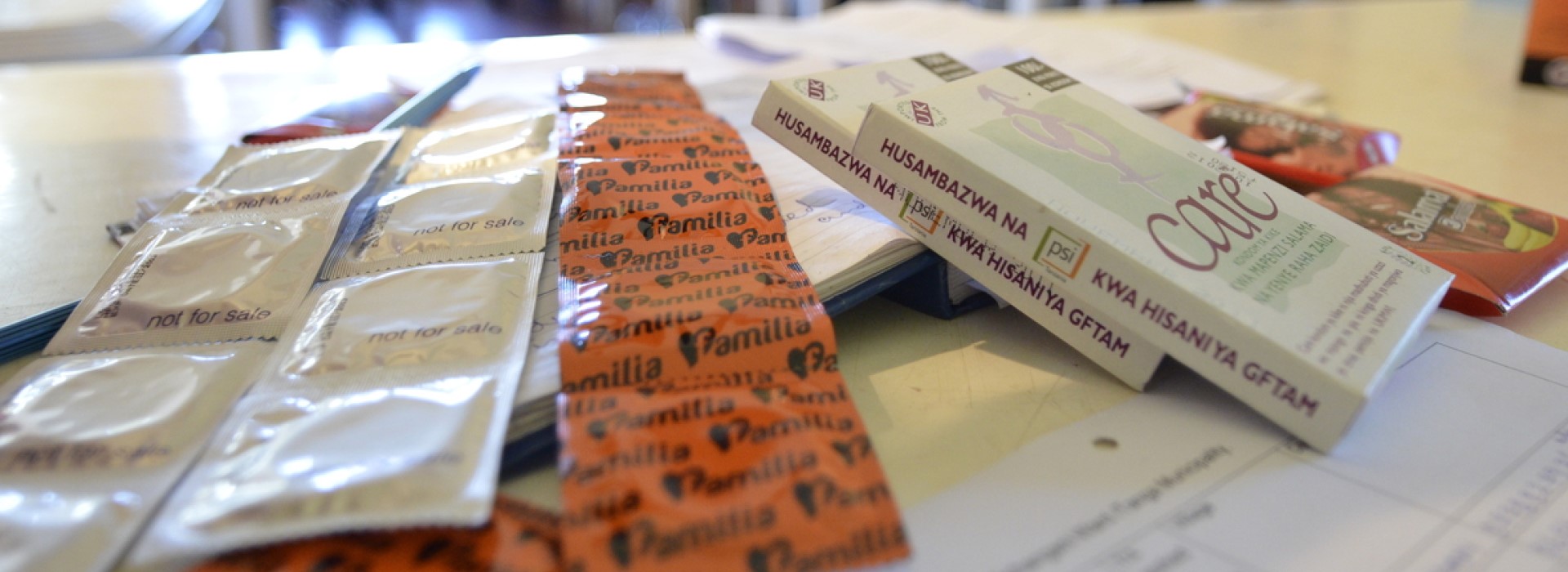
That same year, the Deutsche Gesellschaft für Internationale Zusammenarbeit (GIZ) GmbH launched the BACKUP Health initiative (with BACKUP standing for Building Alliances, Creating Knowledge and Updating Partners). But what motivated GIZ to create this programme? ‘It didn’t take long for us to realise that the countries needed support,’ explains BACKUP Health team leader Huzeifa Bodal. ‘The process of submitting an application to the Global Fund alone took up to nine months.’ What makes BACKUP Health so special? The initiative strengthens the local health systems by offering solutions tailored to the respective countries’ needs, for example in Rwanda.
Health insurance for even the poorest of citizens
Rwanda had been testing a community-based health insurance scheme since 1999, with all citizens contributing in accordance with their income. But very poor people were unable to afford it – constituting a barrier in the fight against AIDS, tuberculosis and malaria. BACKUP Health helped Rwanda apply to the Global Fund. Looking back, Andreas Kalk, Head of the GIZ Health Programme in Rwanda at the time, believes that ‘the Global Fund grant marked the start of a Rwandan success story.’ Roughly 1.3 million people benefited from subsidised health insurance. This enabled people with HIV, tuberculosis or malaria to receive medical examinations and treatment. ‘The government subsequently adopted the model and continued to fund the health insurance scheme with state resources,’ says Kalk. According to figures from the Rwandan Ministry of Health, 86 per cent of the population have health insurance with government support.
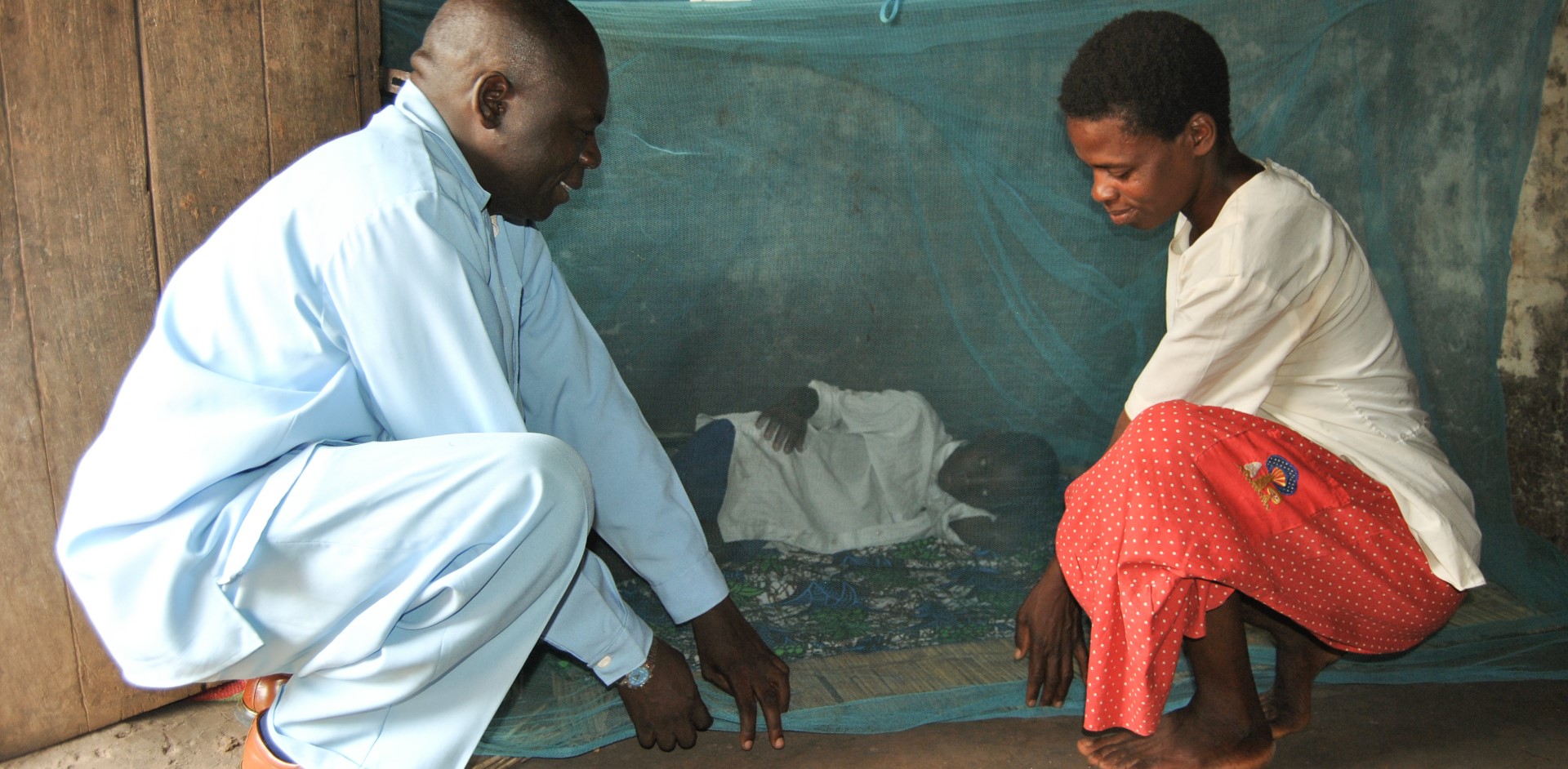
Mosquito nets to prevent the spread of malaria
Malawi is another example. Mosquito nets prevent insect bites at night and, as a result, protect people from contracting malaria. However, in many cases the nets go unused, which is a huge problem in the south-east African country. In 2019, BACKUP Health and World Vision began training roughly 1,300 employees of schools, communities and health care institutions, teaching them the importance of mosquito nets for health and subsequently disseminating this knowledge among the broader population. During house calls or discussions with the village communities, they explained how to hang mosquito nets properly and why they protect against diseases like malaria. This approach proved effective, and the use of the nets has increased. By the time the project ended in 2020, it had reached over 220,000 households.
BACKUP expands its remit
The programme has been working on behalf of the German Federal Ministry for Economic Cooperation and Development (BMZ) since 2006. It is now also cofinanced by Switzerland, France and the United Kingdom. To date, BACKUP Health has helped projects for fighting AIDS, tuberculosis and malaria to secure hundreds of Global Fund grants. People in more than 90 countries who urgently need medical services benefit from these measures.
‘Our focus is on empowering health systems to respond appropriately to various challenges,’ says BACKUP team leader Gesa Walcher. The project now supports governmental and civil society organisations in using resources from other platforms to strengthen their health systems. These include the Global Alliance for Vaccines and Immunisation (GAVI) and the Global Financing Facility for Women, Children and Adolescents (GFF).
Last update: November 2022
